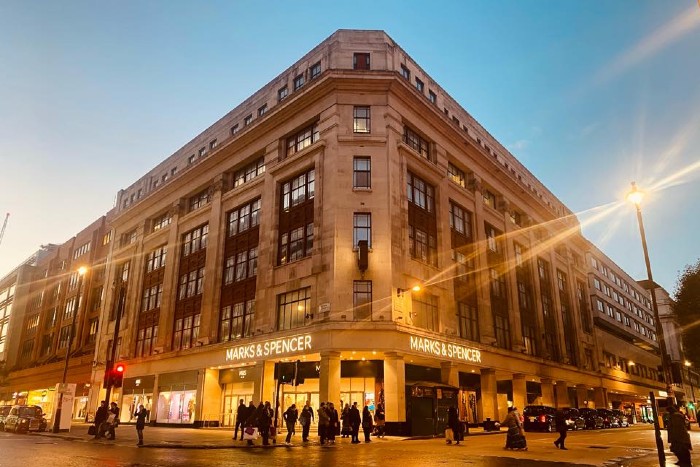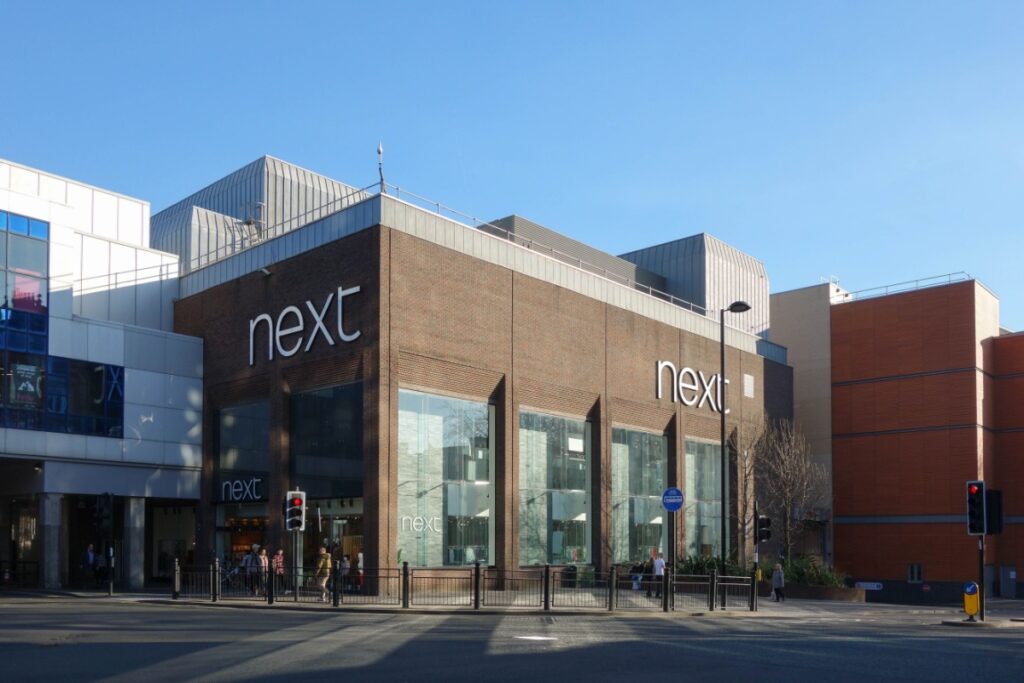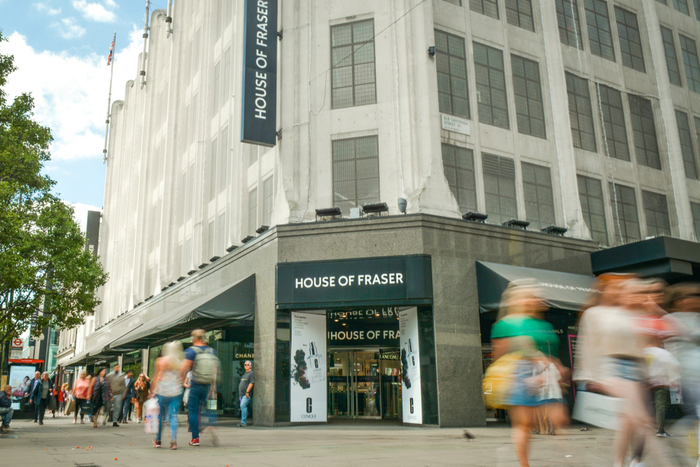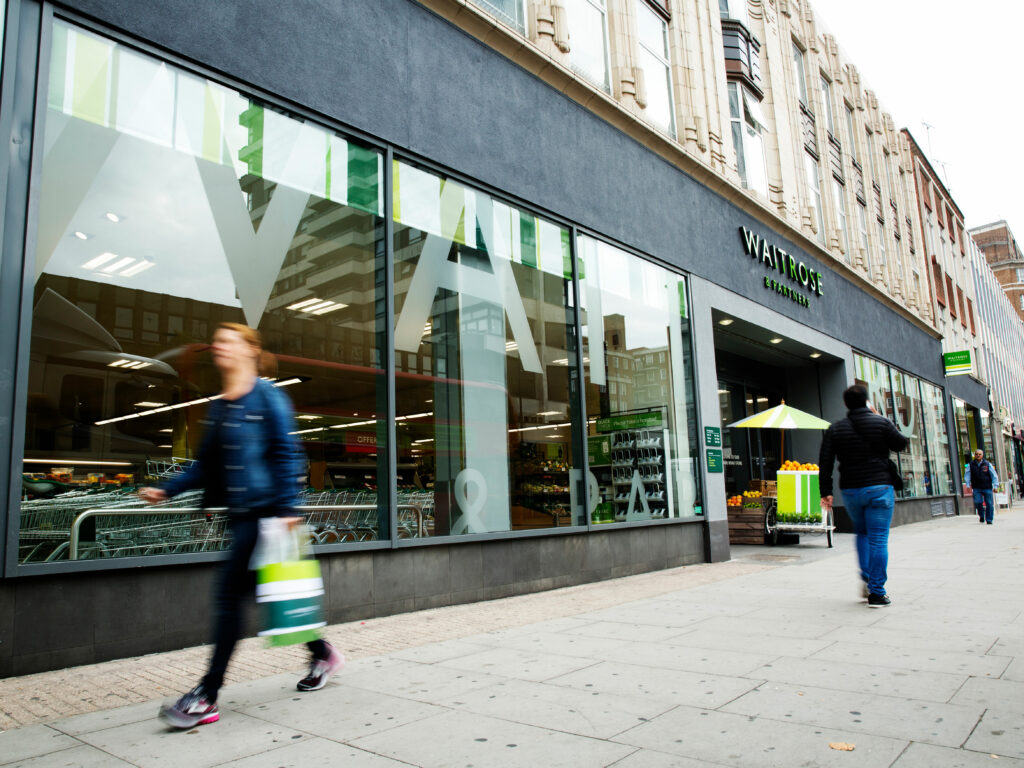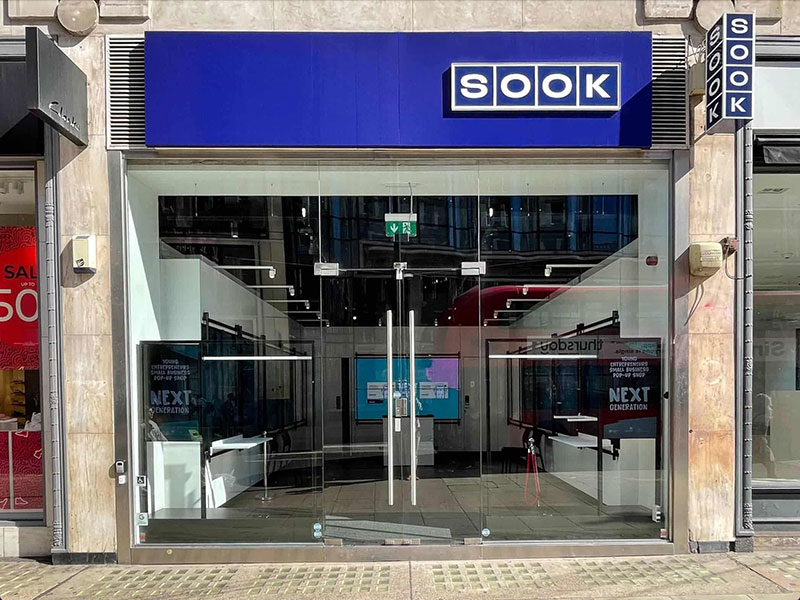// Business rates revaluation that was due in 2021 has now been postponed
// Government made the decision to provide more certainty for retailers amidst coronavirus criris
// Property and business rates experts welcomed the news
The UK Government has announced that the proposed business rates revaluation in 2021 in England will now be postponed.
In a statement, Communities Secretary Robert Jenrick MP confirmed that the revaluation of business rates will no longer take place in 2021 in order to help reduce uncertainty for businesses affected by the impacts of the coronavirus pandemic.
Legislation had been introduced to bring the next revaluation forward by one year from 2022 to 2021, but in the wake of the pandemic MPs now want to ensure retailers and other businesses have more certainty.
READ MORE:
- Thousands of small retailers miss out on business rates funding due to “anomaly”
- Save The High Street launches 12-week coronavirus support scheme
- Chancellor urged to force councils to free up cash for retailers
All retailers as well as hospitality and leisure businesses have already been granted one-year business rates holiday as part of wider government measures to prop up the economy during the coronavirus pandemic.
“We have listened to businesses and their concerns about the timing of the 2021 business rates revaluation and have acted to end that uncertainty by postponing the change,” Jenrick said.
“Now is the time for us to continue to focus on supporting businesses affected by the pandemic, including through our unprecedented package of almost £10 billion in business rates relief.”
While an exact date of when the revaluation would now take place was not revealed, property firm Colliers International has said the government may consider introducing it in April 2022 as originally planned.
Nonetheless, the government said it was continuing work on the “fundamental” review of the business rates regime, and said a call for evidence for the review would be published in the coming months.
Alex Probyn, UK president of expert services at Altus Group – the firm led the call to postpone the revaluation – said he was delighted with the news.
“A revaluation next year, based upon open market rents in April 2019, a year before the pandemic, would have been so painful for UK businesses in the wake of such hardship, if the new tax demands were assessed from pre-Covid levels,” he said.
Probyn added: “It is far more beneficial economically to tie new rateable values under the next revaluation cycle to post Covid-19 levels, where the impact of the economic circumstances are more clear, and when businesses will have had longer to recover.”
Colliers, who have also led calls to postpone the revaluation, hailed it as “sensible decision”.
“The potential detrimental impact upon businesses to have a revaluation during the Covid-19 period, giving uncertainty to their liability, along with the question of the state of the market on 1st April 2021, felt far too risky,” Colliers head of business rates John Webber said.
“We are submitting appeals for the material change caused by coronavirus which will take up a lot of VOA resource and it seems sensible for the Revaluation to be postponed whilst these are handled.”
He added: “There is of course a debate about how properties may be valued for a revaluation in 2022.
“Given current market conditions, an Antecedent Valuation Date (AVD) of 1st April 2020 would be anyone’s guess as the current market is in flux.
“The AVD for the 2021 Revaluation was 1st April 2019, when the market was in a much more stable place; and we would suggest that it would be sensible to keep to that date for a 2022 revaluation given values then were not tainted by Covid-19 and the VOA has already almost completed all the work on this. It would be an expensive £30 million exercise to repeat.
“But this would need to be combined with the government looking closely at how much it plans to raise from business rates in 2022 and the sensible approach would be to accept that tax take should be lower – reducing it from the £26 billion currently taken a year to around £20 billion.
“This would enable a lower the multiplier and businesses would gain from lower tax bills.”
The UK Government’s current support package for businesses during the coronavirus crisis includes the one-year business rates holiday; local authority grants of up to £25,000 to eligible businesses; protection for high street retailers from aggressive rent collection; the coronavirus job retention scheme, a deferral of the next quarter of VAT payments; and £330 billion worth of government-backed and guaranteed business loans.
Altus Group said 354,670 premises – including supermarkets and shops – are among those who have now benefitted from the business rates holiday which started this month for the 2020/21 tax year.
The relief is worth an average of £28,367 per property, costing the Treasury £10.06 billion.
Click here to sign up to Retail Gazette‘s free daily email newsletter




